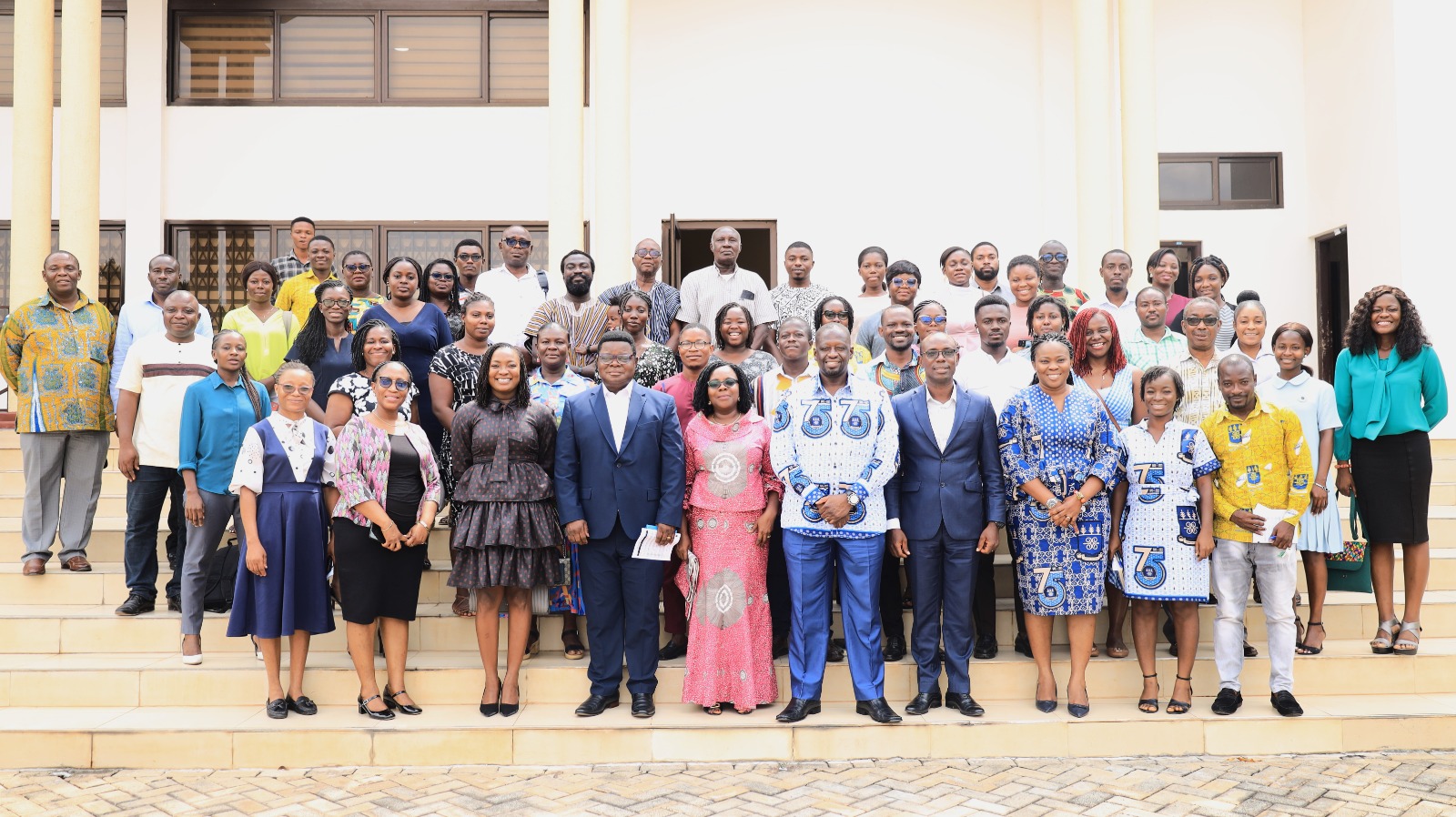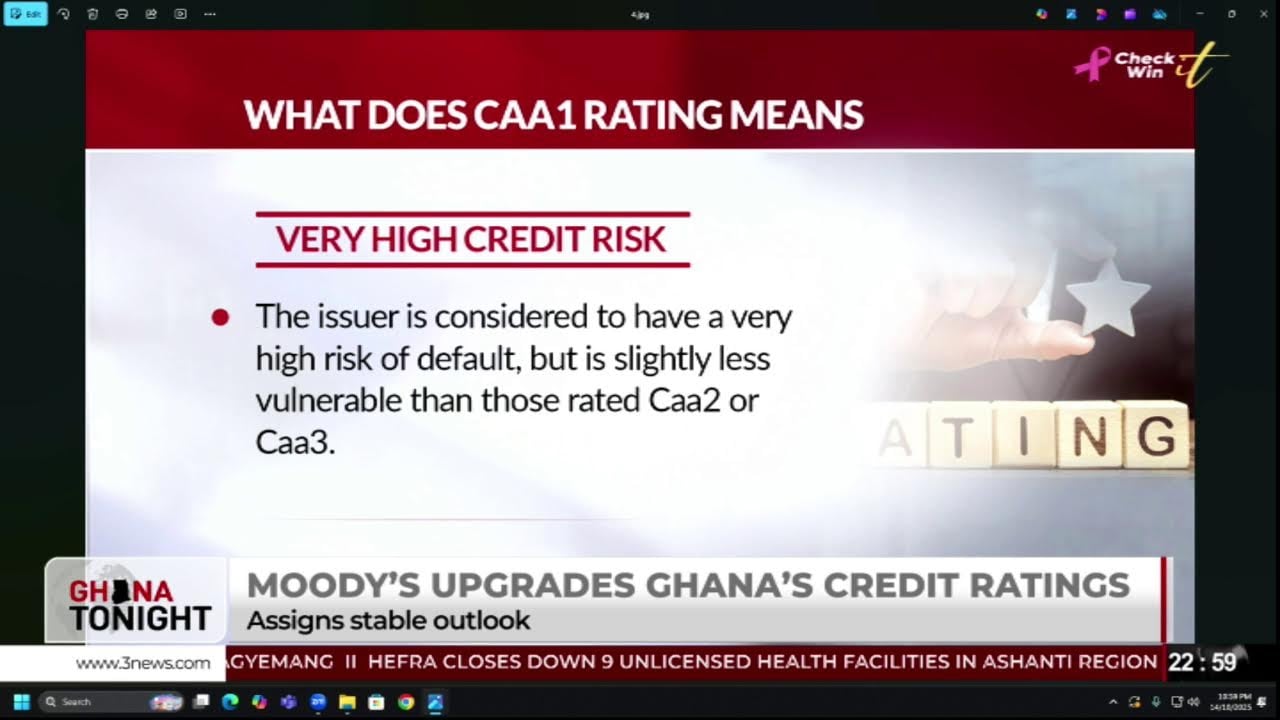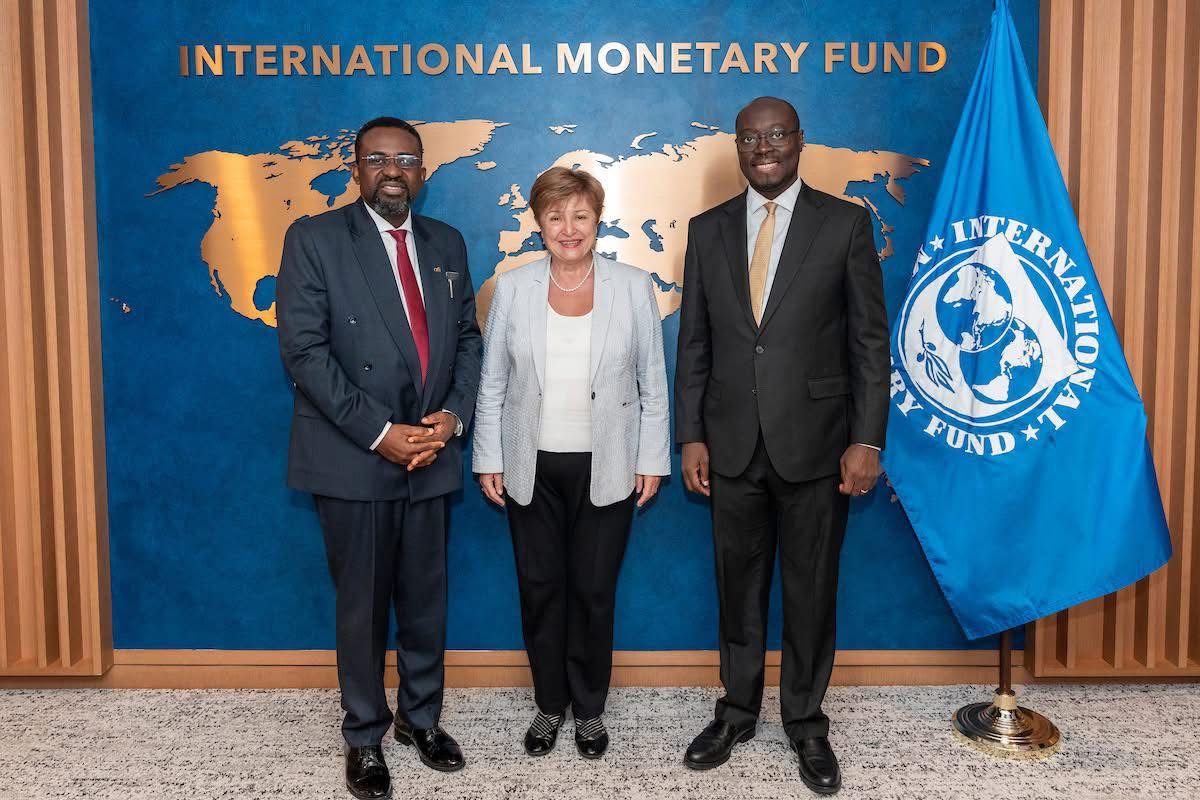
… warns chairs to fix governance or risk IMF return
The nation risks undermining its economic recovery efforts unless the quality of boardroom governance improves significantly, Professor Douglas Boateng has cautioned, urging board chairpersons of state institutions to enforce strict discipline, transparency and accountability in both the public and private sectors.
Delivering the welcome address at the Boardroom Governance Summit 2025 in Accra themed ‘Daring to be Different: The Role of the Chairperson in Effective Boardroom Governance’, Prof. Boateng said the future of Ghana’s economic stability depends on the integrity and competence of those leading boardrooms across state-owned enterprises and private institutions.
He warned that if governance standards remain weak, the nation could once again be forced to rely on the International Monetary Fund (IMF) to stabilise its economy for the 18th time.
“If we do not get it right in the boardroom, we will move on to the IMF,” he said, linking ineffective board leadership directly to economic dependency.
Prof. Boateng, who is also the convener of the summit, described the boardroom as “the key to Africa’s economic emancipation,” adding that poor oversight, delayed reporting and indiscipline within boards continue to erode public trust and stifle development.
“Waste is a thief of public trust. Discipline is cheaper than failure,” he said.
He stated that good governance is not merely about compliance but stewardship and conscience.
“It is the courage to say no to profitable wrong and yes to difficult right,” he told participants, calling on chairpersons to prioritise ethical leadership and reject the culture of convenience that often undermines corporate integrity.
According to Prof. Boateng, the quality of decision-making within boardrooms has a cascading effect on national productivity, industrialisation and fiscal performance.
He said governance failures in state institutions and corporate entities often translate into inefficiency, corruption and waste; outcomes that ultimately weaken the country’s economic base.
“Debts swell and public anger rises when boards meet rarely and drift without direction,” he said.
“When oversight lapses, scandals follow and corrections become very costly,” he added.
Practical remedies
The convener outlined a series of practical measures to strengthen governance discipline and enhance board effectiveness. These include limiting meetings to three hours, ensuring that board papers are circulated at least seven working days in advance and introducing a standing ethics and risk dashboard to improve transparency.
He also called for quarterly internal audits and the publication of plain-language financial forecasts to enable citizens to assess institutional performance in real time.
“When information arrives late or unclear, it sends the wrong signal. The board’s time is for choices, not for guessing,” he said.
On accountability, Prof. Boateng argued that non-performing executives should not be allowed to remain in office merely for political or contractual reasons.
“If after two years the person is not delivering, he should go. At the end of the day, who is paying them? It is all of us,” he said, stressing the need for performance-based benchmarks for chairs and directors in both public and private enterprises.
He further proposed that chair-to-chair transitions be institutionalised to preserve institutional memory and avoid repeating mistakes.
“Memory is a national asset,” he said, urging boards to formalise succession processes to strengthen continuity and learning.
Fire failure
The governance expert highlighted the importance of continual professional development for board leaders, noting that many chairs and directors fail to attend refresher programmes that could improve their oversight capacity.
“Failure on this or failure on other essential metrics should result in firing the chairperson, we do not need to wait for four years,” he stated bluntly.
Beyond internal reforms, Prof. Boateng advocated for a constructive relationship between boards and policy-makers. He argued that lobbying, when conducted responsibly, could improve policy outcomes and reduce uncertainty.
“There is nothing wrong with chairs engaging policy-makers. Give them ideas and they will take it. Globally, leading companies and funds do the same,” he said.
Prof. Boateng also urged Ghanaian and African board leaders to adopt governance practices rooted in discipline, transparency and accountability.
“Let us earn praise through visible, verifiable delivery. The future will judge us by what we did when we knew what was right,” he said.
He called on chairs to choose “discipline over drama, light over heat, systems over slogans, and delivery over promise,” insisting that the long-term prosperity of Ghana and the wider continent depends on the quality of governance practised today.
The post Boardroom discipline ‘cheaper than failure’ – Prof. Boateng appeared first on The Business & Financial Times.
Read Full Story























Facebook
Twitter
Pinterest
Instagram
Google+
YouTube
LinkedIn
RSS